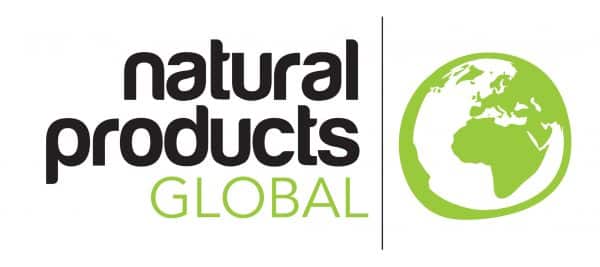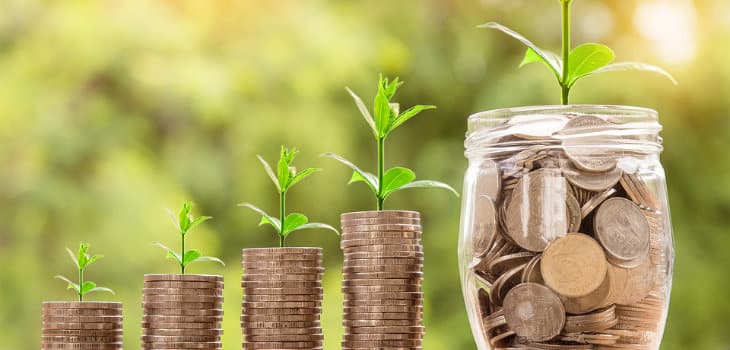Double Digit Growth Takes Europe’s Organic Sales to €33.5 Billion
The organic market in Europe recorded double-digit growth (11.4%) in 2016 to be worth €33.5 billion, according to new data released at the Biofach event in Nuremberg.
This article first appeared in Natural Products Global, part of Diversified’s global natural & organic network. Written by Jim Manson.
Research compiled by the Research Institute of Organic Agriculture FiBL and the Agricultural Market Information Company AMI shows that Germany has the the largest market for organic at €9.5 million, followed by France at €6.7 billion, Italy at €2.6 billion and the UK at €2.5 billion.
The biggest growth of any European country was seen in France, where sales of organic food and drink was up 22%. Denmark retains its position as the country with the highest share of the market – organic accounting for 9.7% of the total food market.
Almost 14 million hectares of farmland are organic in Europe – Spain has the largest area
In Europe, 13.5 million hectares were organic in 2016 (European Union: 12.1 million hectares). With more than 2 million hectares, Spain continues to be the country with the largest organic area in Europe, followed by Italy (1.8 million hectares) and France (1.5 million hectares).
Organic farmland increased by almost one million hectares
The organic land increased by almost one million hectares, representing an increase of 6.7% in Europe and 8.2% in the European Union. Growth was higher than in 2015 and substantially higher than in the first years of the current decade. In 2016, Italy reported over 300,000 hectares more than in 2015, and France reported over 200,000 hectares more.
Nine European countries report that 10% of their farmland is organic
Organic farmland in Europe constitutes 2.7% of the total agricultural land and 6.7% in the European Union. In Europe (and globally), Liechtenstein has the highest organic share of all farmland (37.7%) followed by Austria, the country in the European Union with the highest organic share of agricultural land (21.9%). Nine European countries reported that at least 10 percent of their farmland is organic.
Organic producers on the rise
There were more than 370,000 organic producers in Europe (European Union: almost 300,000), and the largest numbers were in Turkey (almost 68,000) and Italy (more than 64,000). The number of producers grew by 7 percent in Europe (10 percent in the European Union) in 2016.
Strong growth of processors and importers
There were almost 66,000 processors in Europe and almost 63,000 in the European Union. Almost 4,700 importers were counted in Europe and almost 4,000 in the European Union. Particularly strong growth was noted for importers, which increased by double digits in both Europe and the European Union. The country with the largest number of processors was Italy (almost 17,000), while Germany had the most importers (almost 1,600).
Retail sales surpass the 30 billion euro mark in the European Union
Retail sales in Europe were valued at €33.5 billion (€30.7 billion in the European Union). The European Union represents the second largest single market for organic products in the world after the United States.
Double-digit growth rates of retail sales in 2016
The European market recorded a growth rate of 11% (European Union: 12%), which is the second time retail sales have had a double-digit growth rate since the financial crisis. Among the key markets, the highest growth was observed in France (22%). In the decade 2007-2016, the value of European and European Union markets has more than doubled.
European consumers spend more on organic food
In Europe, consumers spent €41 on Organico food per person (European Union: €61). Per capita consumer spending on organic food has doubled in the last decade. The Swiss spent the most money on organic food (€274 per capita).
Organic market shares now approaching the 10% mark in some countries
Globally, European countries account for the highest shares of organic food sales as a percentage of their respective food markets. Denmark has the highest organic share (9.7%) worldwide. Individual products and product groups hold even higher shares. Organic eggs, for instance, constitute more than 20% of the value of all eggs sold in several countries.
The survey on organic farming in Europe was conducted by FiBL and AMI. The FiBL data collection activities were carried out under the framework of the global survey on organic farming supported by the Swiss State Secretariat for Economic Affairs (SECO), the International Trade Centre (ITC), NürnbergMesse, and IFOAM – Organics International.
About the author: Jim Mason
Jim Manson is editor-in-chief of Diversified Communications UK‘s natural and organic publishing portfolio. He’s written widely on environment and development issues for specialist magazines and national media, including the Financial Times, The Guardian, The Times, and World Bank Urban Age.
About Natural Products Global
Natural Products Global is the one-stop global resource for natural and organic industry professionals. Built around an editorially independent daily news service it delivers a compelling mix of news, business insights and analysis. Building a natural and organic future by connecting people and growing businesses – subscribe for more articles like this.

-
Get your FREE ticket
- REGISTER FOR FREE
